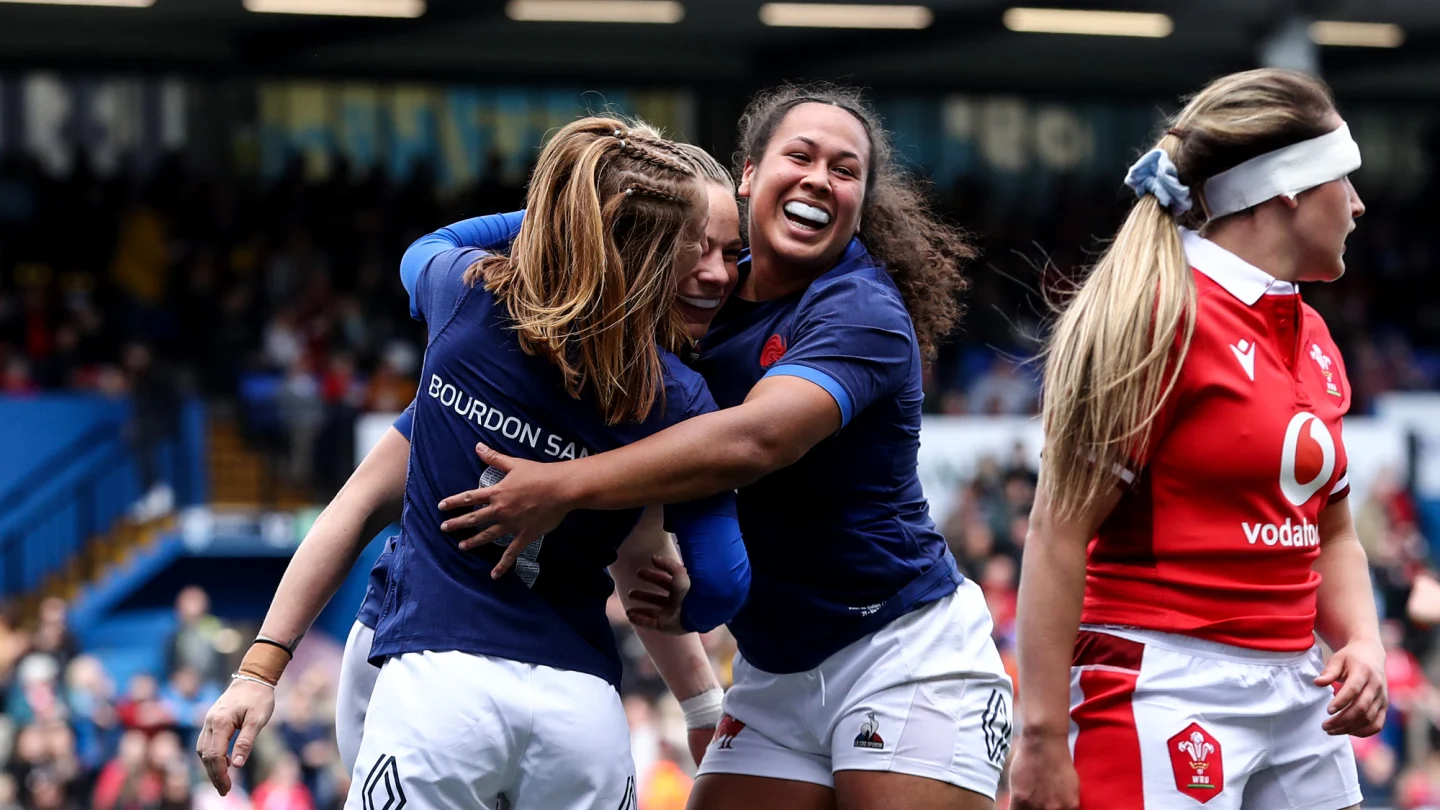Harrison: Competitiveness is key
With England poised to win a sixth title in a row, we talked to 6 Nations CEO Tom Harrison about the importance of jeopardy and increased competitiveness in the women’s game, and how the game is shaping up in his first year in the role.
Published by Ali Donnelly , March 13th, 2024
4 minute read

Guinness have stepped up as title sponsors this season, and though crowd numbers are up in the tournament, England’s ongoing dominance could well present a challenge to the competition’s longer term ability to attract investment, with minimal recent jeopardy about who finishes top.
Harrison concedes that eventually that could catch up with a competition in its infancy of professionalism.
“Eventually it will, yes,” Harrison said.
“Partners are very interested in seeing improvements and seeing how teams are becoming more competitive. And let's be honest, this isn't the domination that you might see in somewhere like Scottish football or example or something like that.
“We have had a couple of years where the gap has widened, I expect that gap to narrow and I think we will probably see sponsors asking questions in the future about "well, it would be much more interesting if there was real jeopardy going into the final weekend.”
Harrison sees a role for the 6 Nations in helping the gap to close even further.
“We don't really get involved in the high-performance space but we can make the environments as welcoming as they can be for athletes to be the best they can be on the playing fields but we are not the ones underwriting the performance programmes.
“What we can do though is ensure those funding streams are healthy, open and exploited to the full extent that we are capable of doing that, and that's about opening the opportunity of partnering with women's rugby's wider family of commercial partners as possible, to make it as visible as we can to get broadcasters as excited as they can, to give more not necessarily just in monetary terms but in visibility terms.”
“I do think it would be great to have more competitive matches and I think that through the investments that have happened just in the last twelve months, we will start to see some of that. Of course, England and France have obviously also upped their game in terms of their performance, and we have had another year of understanding how to become even better.
Harrison, who was CEO of the ECB before moving across to rugby, also conceded that free to air television was crucial to the women’s game, amid suggestions that the men’s event might in the future go behind a paywall.
“I think in any sporting environment, particularly one in a journey of development, visibility is really important. The free-to-air space is all about balancing revenue - when you’re looking at sport as a whole. In each case there is a requirement to treat - very, very carefully - decisions around how you move that balance.
“In cricket we moved it back towards free-to-air. Rugby’s got a huge free-to-air component to it already so we understand the role that that plays in taking the game to new fans, to existing fans but also to make it available is really important going forward. I think it’s critical that visibility is a massive part of the women’s game."


